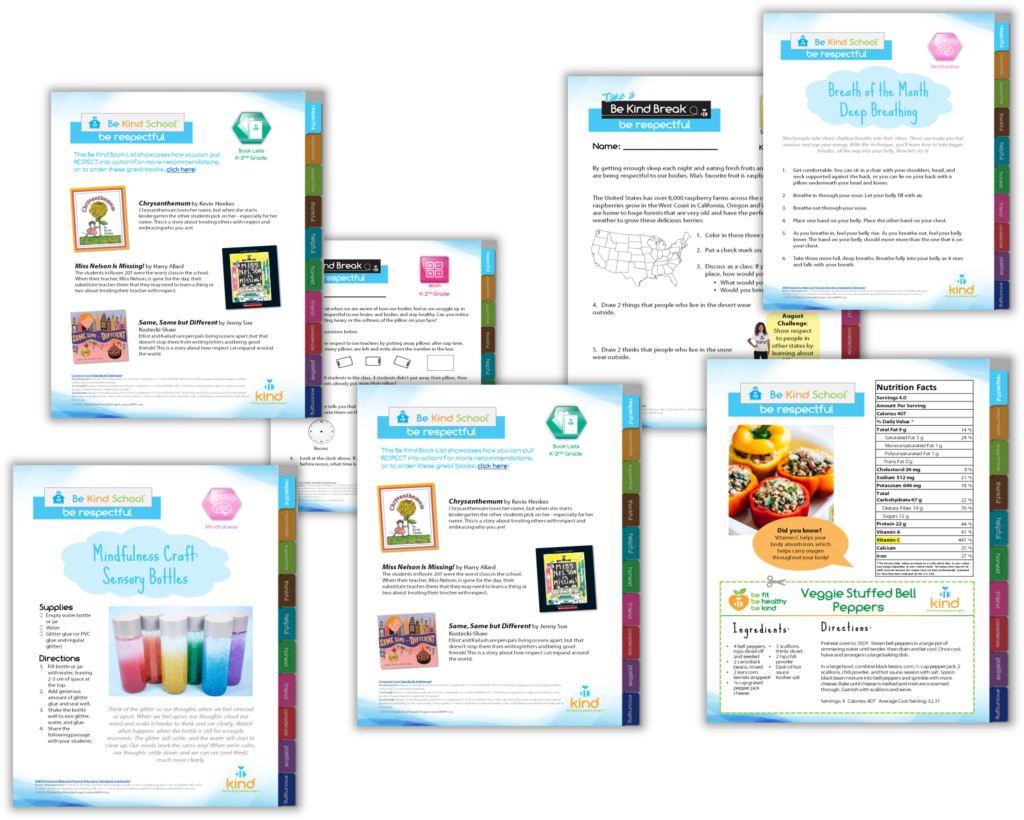- About
- Programs
- After School Classes
- All-School Assemblies
- The BE KIND Business
- The BE KIND Community Education Center
- The BE KIND SCHOOL
- BE KIND on the MOVE
- Classroom Resources
- #CyberSkills
- Family Engagement
- Fitness Programs
- Gardens
- Grace’s Group
- Health & Wellness
- Summer Programs
- Teacher Training
- Wellness Wednesday
- Athletes for Arizona
- Events
- Get Involved
- Donate
Why am I so Tired?
- Home
- Wellness Wednesday
- Healthy Habits
- Why am I so Tired?
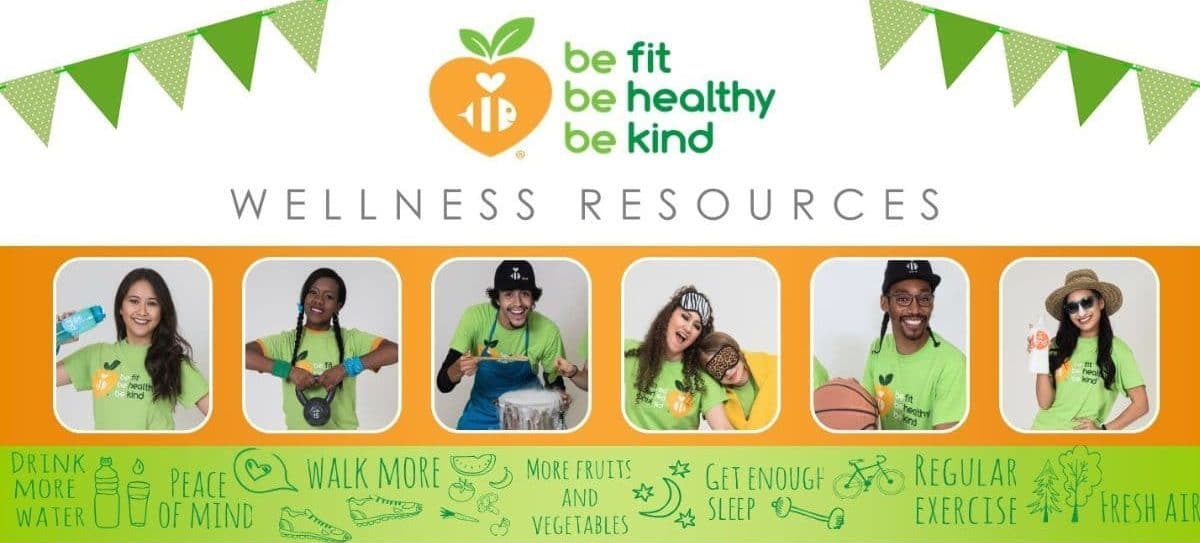
Wellness Wednesday emails are designed to provide you with simple tools, information, and resources to encourage positive and healthy lifestyle choices. As a proud recipient of The Healthy Arizona Worksite Award, The Be Kind People Project is committed to the health and wellness of their employees, friends, and family.
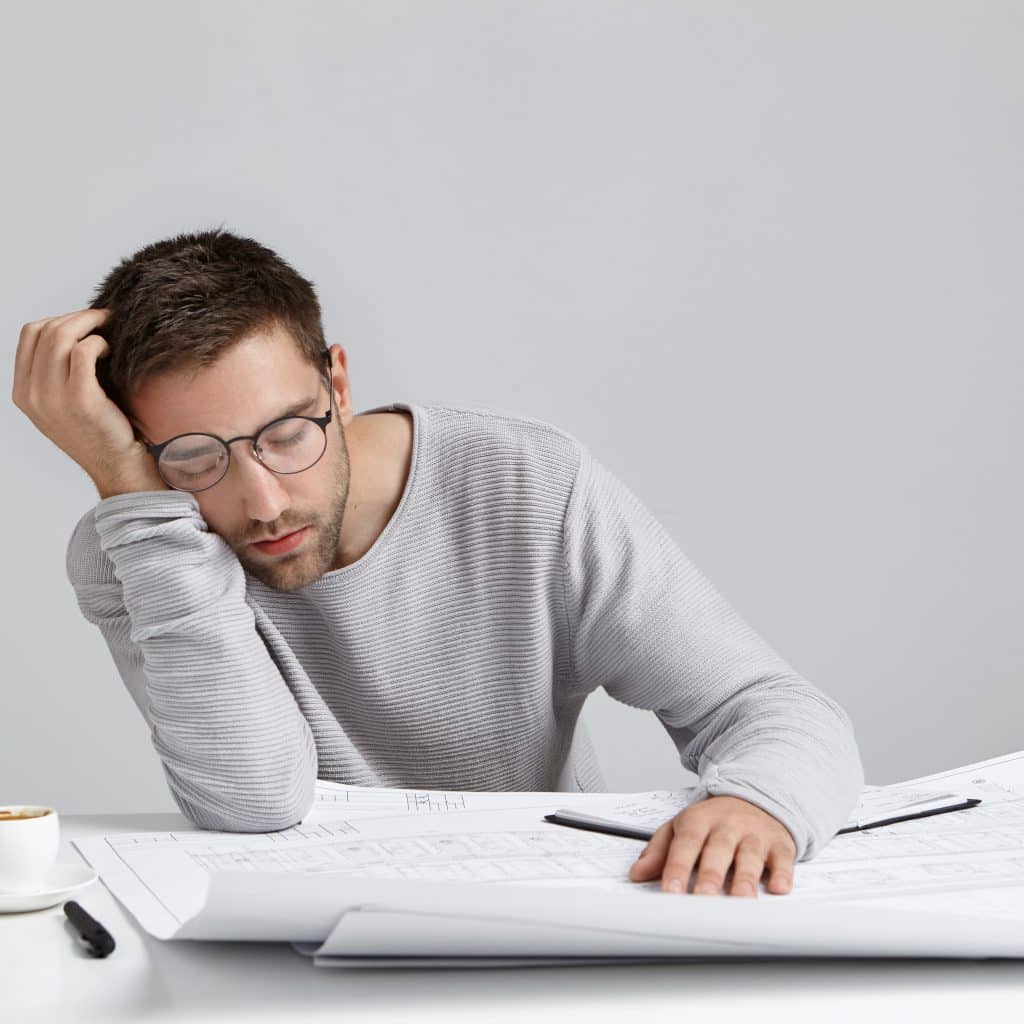
A quick check-in…
Have you ever experienced extreme tiredness and exhaustion? Have you ever woken up in the morning but felt as though you did not get a solid hour of sleep? Do you feel extra sleepy during the day and suffer from headaches, sore muscles, and dizziness? Do you have a hard time making decisions and feel like your brain is moving in slow motion?
If you answered yes to these questions, then there is a strong possibility you are suffering from chronic fatigue.
What causes fatigue?
The Mayo Clinic breaks fatigue into two different categories for you to understand what level you may be experiencing. Most people may experience some form from an easily identifiable source that usually subsides by getting the much-needed rest you need. However, if you cannot find the source of your tiredness and it becomes debilitating to your daily activities and overall function, this can impact your mental and physical health.
- Medical conditions: Some physical health conditions can cause chronic fatigue, including viral infections, an impaired immune system, hormonal imbalance. Read more about why some of these conditions cause fatigue here.
- Psychological causes: Depression, anxiety, stress, or grief are some mental health issues that can cause fatigue due to the mental exhaustion that occurs during something like anxiety or stress. Depression can also cause fatigue due to excessive sleeping or insomnia that depression sufferers tend to experience.
- Lifestyle causes: Your lifestyle plays a role in your overall quality of life. Lack of exercise, poor eating habits, too much or not enough sleep, and sleep disturbances during the night can all contribute to your feelings of fatigue.
- Work or school-related causes: Work and school can bring on bouts of exhaustion or fatigue. Some related work and school sources include working the night or graveyard shift, working long hours in general, boredom on the job, lack of human interaction, repetitive tasks, burnout, unemployment, all-night study sessions, and late or early classes.
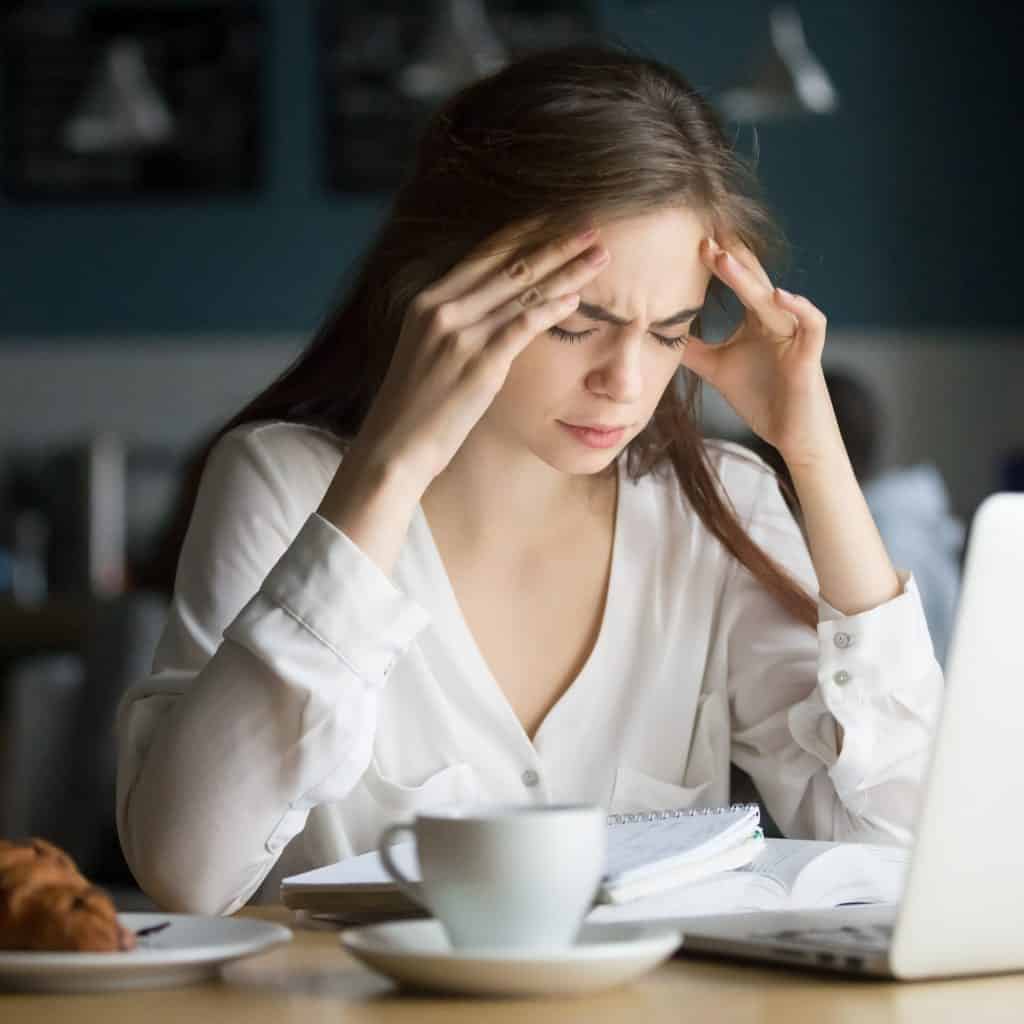
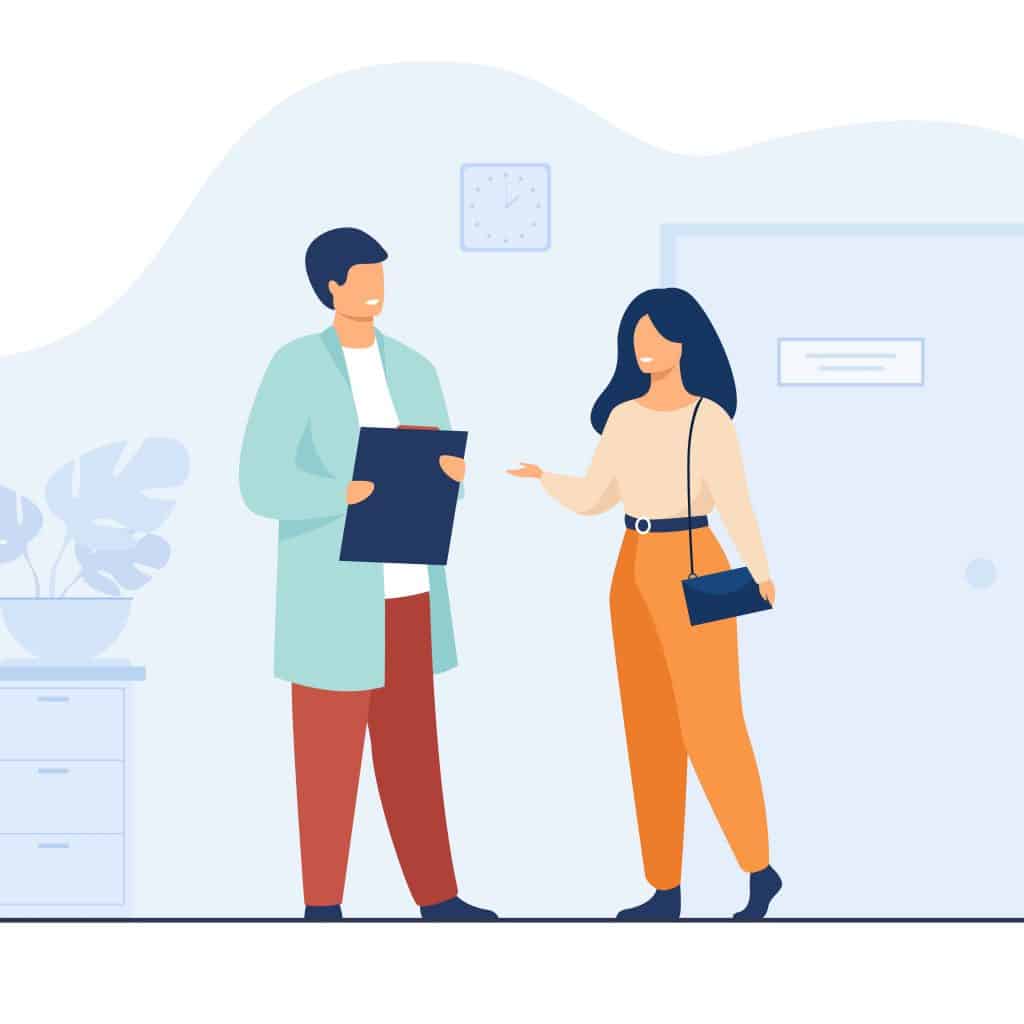
Ask yourself some questions:
- Do I get a full night’s rest?
- What has my mood been like lately?
- What have I been eating and drinking?
- Have I been diagnosed with any underlying conditions?
- Am I stressed about something?
- Am I working too much?
Asking these questions can help give you some answers to some potential causes that can be self-remedied. If you have answered these questions, and nothing is ringing a bell, then it is time to schedule a visit to your primary care physician (PCP). Your PCP will guide what your next steps should be, any extra tests, and treatments.
How can I find relief?
While chronic fatigue can be a symptom of a more serious issue, temporary fatigue can usually be easily identified and can be relieved through some modifications by you after examining your habits and daily routine.
- Lifestyle: Adults need about 8 hours of restful sleep per night, but sleeping more than 11 hours can also cause fatigue. Here is a tip on how to create a nighttime routine that works for you. Make sure you are drinking enough water, eating fruits and vegetables, and limiting your intake of processed foods.
- Work and School: Adjusting your work schedule can be difficult and is, unfortunately, a privilege that most working-class Americans cannot afford. However, some work environments and work schedules can harm your quality of life. Here are some tips to help you manage your work-life balance and hopefully reduce or eliminate your fatigue.

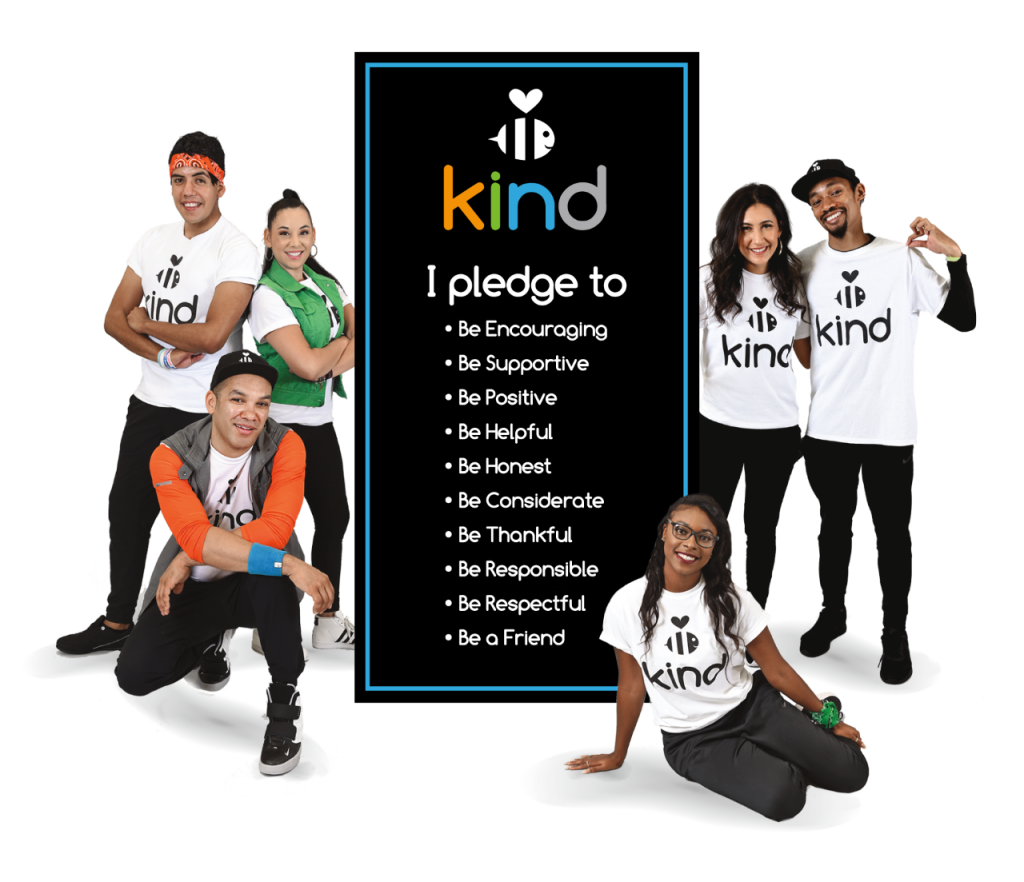
Invest in rest
Fatigue and daytime sleepiness can significantly affect the way you think, work, behave and make everyday decisions; if you are struggling with fatigue have a serious check in with yourself and get help if you need it. You will feel better once you get the help you need.
Published December 16th, 2020
By Karina Bettis, School Wellness Programs and Events Intern

Questions? Comments? Want to contribute to the Wellness Wednesday Bulletin?
Send your ideas to Krysta Flores at krysta@bkpp.org.

Learn More about The Be Kind People Project®
- Programs
- After School Classes
- All-School Assemblies
- The BE KIND Academy
- The BE KIND Business
- The Be Kind Break
- The BE KIND School
- The BE KIND on the MOVE
- #CyberSkills
- Family Engagement
- Fitness Programs
- Gardens
- Grace’s Group
- Health & Wellness
- Summer Programs
- Teacher Training
- Wellness Wednesday
- Athletes for Arizona
Copyright © The Be Kind People Project | Privacy Policy

